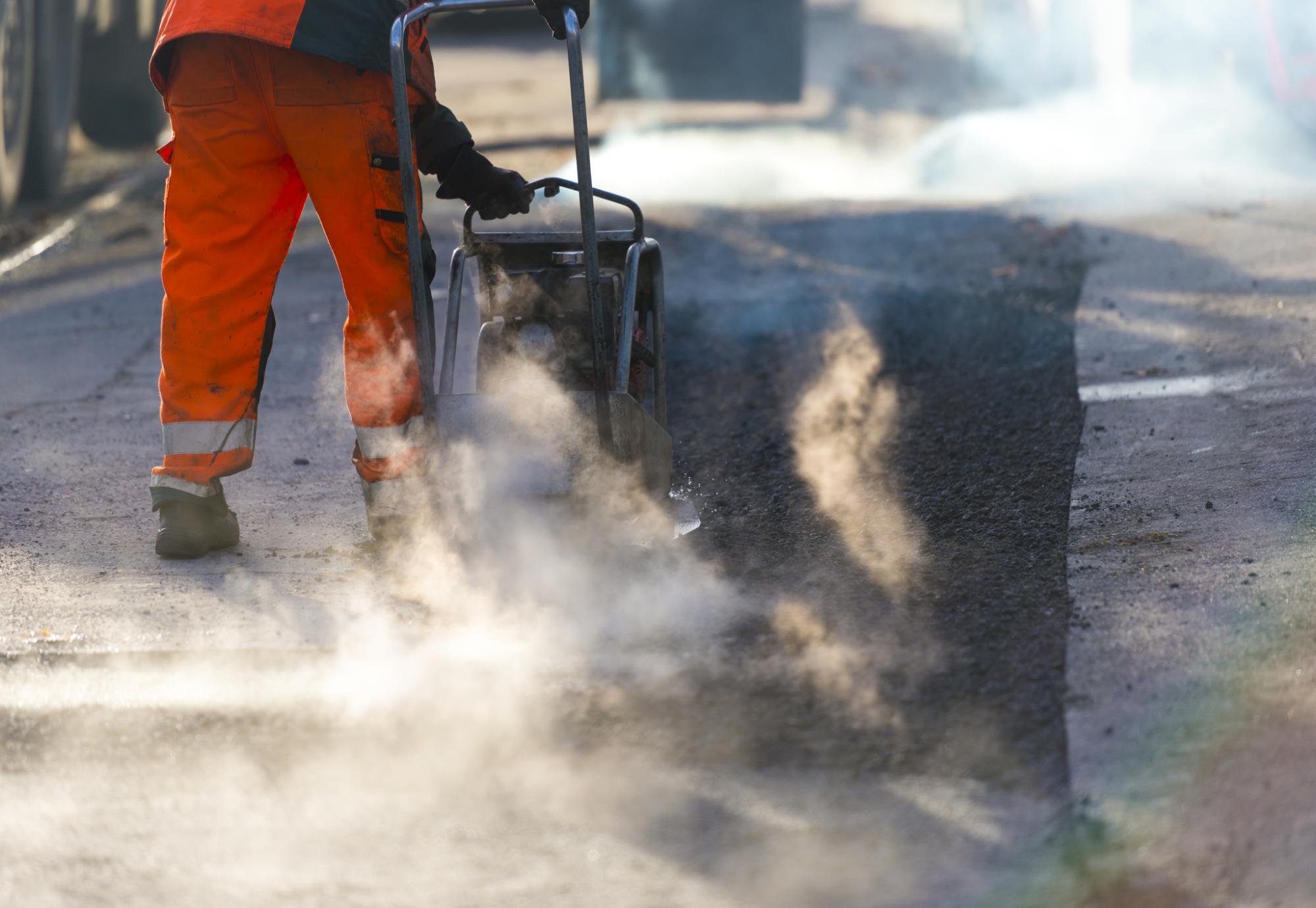Recycled car tyres have been used to resurface roads in Lancashire, as part of an innovative new scheme by the county council.
Using a new technique, Lancashire County Council has been able to trial using a more environmentally friendly asphalt mix which uses granulated rubber taken from 150 old car tyres.
The council used the new mix to resurface a road in Padiham, which if deemed successful will then see the method used more widely by the council.
Rubber modified asphalts incorporate recycled tyres with warm mix asphalt technology and are prepared at a lower temperature than traditional asphalts, allowing for more work to be completed at one time.
Similarly, the addition of ground tyre rubber also means that less fossil fuel derived bitumen is needed to be used in the asphalt.
While it is the first time the method has been used in Lancashire, this type of asphalt has been used elsewhere previously and delivers the same performance and surface characteristics as traditional materials but is more environmentally friendly.
The use of high quality aggregates in the mix also provides lasting texture and skid resistance, ensuring a safe, durable road surface.
Phil Durnell, Director of Highways and Transport at Lancashire County Council said: “I was really pleased to come onsite and see the material being used for the first time on a Lancashire highway.
“I was quite surprised how much rubber is in the mix, it's around one car tyre per tonne so on that basis we put end of life 150 tyres in the road in just one day.
“The lower layers of the carriageway here have also been recycled using a cold foam mix process. This is essentially a circular process where the material is removed from the site to be directly recycled into the new material, with the recycled content typically being 95%.
“Overall, by using recycled materials in the lower layers and rubber modified asphalt surfacing, we have lowered the carbon footprint of this scheme by over 30%.”



















